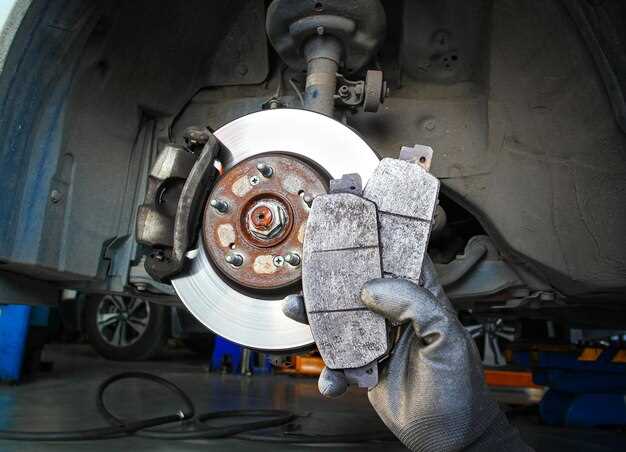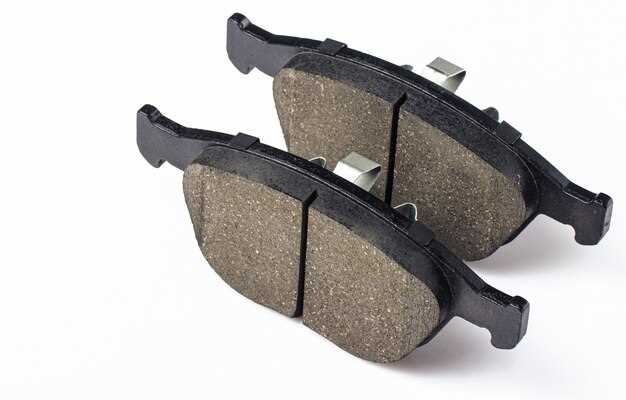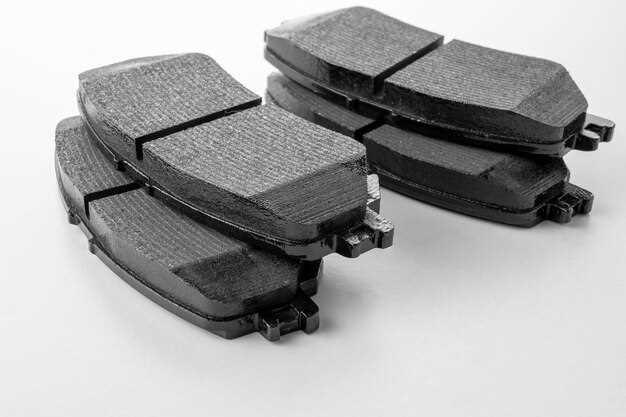How to Know When You Need New Brake Pads

Maintaining your vehicle’s braking system is crucial for ensuring safety on the road. One of the most vital components of this system is the brake pads. Over time, these pads wear down, and recognizing the signs that indicate they need to be replaced can mean the difference between a safe drive and a dangerous situation.
Brake pads are designed to create friction against the brake rotors, allowing your vehicle to stop effectively. However, as they endure constant use, their material gradually wears away. It is essential for drivers to be aware of the warning signs that suggest it’s time for a replacement to maintain optimal performance and safety.
This article will explore the key indicators that your brake pads may be due for an upgrade. From unusual noises to changes in braking performance, being informed can help you take timely action and prevent further damage to your vehicle’s braking system. Stay alert and prioritize your safety by understanding when it’s time for new brake pads.
Understanding the Squeaking or Squealing Sounds
Squeaking or squealing sounds when applying the brakes are common indicators that your brake pads may need to be replaced. These noises typically occur due to the wear indicators embedded in the pads, designed to alert drivers of diminishing pad material. When the pads wear down to a certain level, the metal backing makes contact with the rotor, causing that distinct sound.
Another reason for these sounds could be the accumulation of dust, debris, or moisture on the brake components. This debris can interfere with the proper function of the brake pads, leading to unwanted noise. Additionally, if the brake pads are fitted incorrectly, it may result in vibrations that cause squealing.
Ignoring these sounds can lead to more significant brake issues, such as scoring the brake rotors or compromising the overall braking performance. If you hear squeaking or squealing, it’s crucial to have your brake system inspected promptly to ensure your safety on the road.
Identifying Reduced Brake Responsiveness

When the brake pads of your vehicle wear down, one of the first noticeable signs can be reduced brake responsiveness. This issue manifests when you step on the brake pedal, and the vehicle does not decelerate as promptly as it should. If you find yourself applying more pressure than usual to achieve the desired stopping power, it may be time for a pad replacement.
Several factors contribute to reduced responsiveness. Worn-out or damaged brake pads can fail to create adequate friction, affecting the overall braking efficiency. Additionally, if you hear any unusual noises, such as squeaking or grinding, it could indicate that the pads have worn beyond their effective thickness, further compromising your vehicle’s ability to stop safely.
Another sign to observe is the distance required to stop your vehicle. If you notice that it takes significantly longer to come to a complete halt, it is vital to inspect your brake pads. Ignoring these warning signs can lead to more severe issues within the braking system and may necessitate costly repairs beyond just a pad replacement.
Regular maintenance and timely inspection of the brake system can prevent reduced responsiveness and ensure your vehicle remains safe on the road. Taking proactive measures to address worn brake pads will lead to more reliable performance and ultimately enhance your driving experience.
Recognizing Vibration or Pulsation in the Brake Pedal

If you experience vibration or pulsation in the brake pedal while applying the brakes, it may be an indication that your brake pads need replacement. This sensation typically arises when the brake pads wear unevenly or when the rotors become warped due to heat or prolonged use. When the brake pads grip the rotor surface, any imperfections can lead to inconsistent friction, causing a pulsating effect that you can feel through the pedal.
Another factor contributing to this issue could be the accumulation of debris or rust on the brake components. This buildup can interfere with the smooth operation of the brakes. If the vibration or pulsation becomes more pronounced over time, it’s crucial to address it promptly, as neglecting this sign can result in further damage to your braking system and compromised safety.
In addition to the pulsation, pay attention to any unusual noises, such as grinding or squeaking, which may accompany the vibration. These symptoms can indicate that the brake pads have worn down significantly and may be on the verge of failing. To ensure optimal braking performance and safety, regular inspections and timely replacement of brake pads are essential whenever you notice these warning signs.

